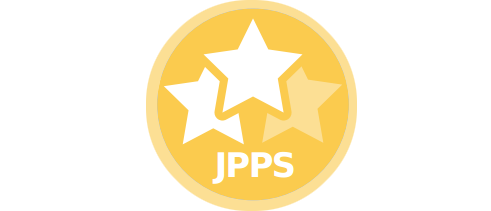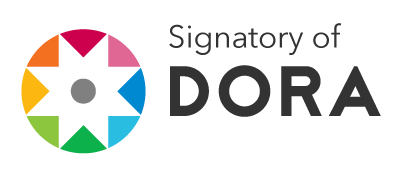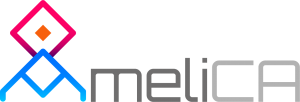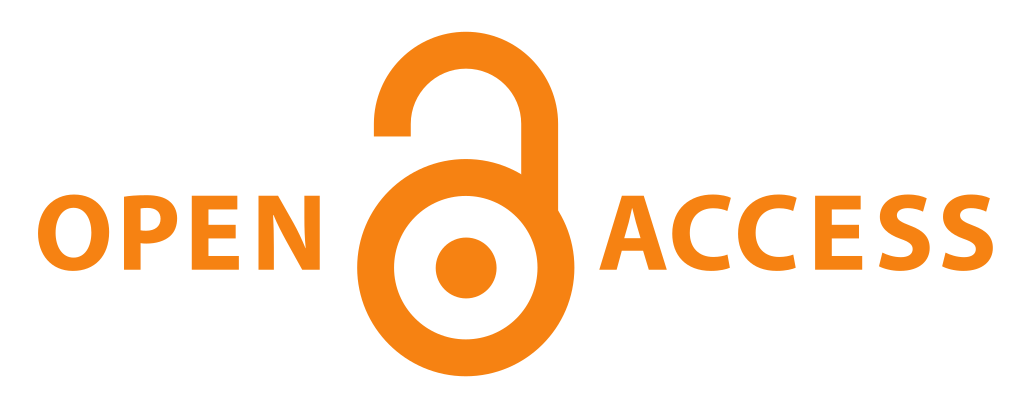The Relationship between Research and Critical Reading and its Application in School Learning
Keywords:
critical reading, research, methodology, skillsAbstract
The development of research and critical reading skills in the school environment is essential to prepare students in a world where access to information is broad and the ability to discern is crucial. This essay presents a theoretical reflection to establish the relationship between research methodology and critical reading, and its application in the classroom. Therefore, it begins with the presentation of the challenges that can be found in the teaching-learning process of students in these variables, their importance; the relevance of the question in the process; He later explains the importance of research projects in the classroom based on learning standards. Finally, conclusions are reached about the connection of research and critical reading as determining skills that reinforce each other and are essential for strengthening students' competencies.
References
Ander-Egg, E. (1992). Técnicas de investigación social. El Ateneo.
Bizzell, P. (1992). Academic discourse and critical consciousness. Pittsburgh: University of Pittsburgh Press.
Caballero, N. (2022). Una mirada a la lectura crítica desde la interdisciplinariedad. Revista Internacional de Aprendizaje, 9(1), 43-54. https://doi.org/10.18848/2575-5544/CGP/v09i01/43-54
Campbell, D. T. y Stanley, J. C. (1966). Experimental and quasi-experimental designs for research. Houghton Mifflin.
Cassany, D. (2003). Aproximaciones a la lectura crítica: teoría, ejemplos y reflexiones. Tarbiya: revista de investigación e innovación educativa del Instituto Universitario de Ciencias de la Educación, (32), 113–132. https://revistas.uam.es/tarbiya/article/view/7275
Dewey, J. (1916). Qué entiende por pragmatismo práctico.
Greenhalgh, T. (2014). Cómo leer un artículo: los fundamentos de la medicina basada en la evidencia. John Wiley & Sons.
Jacobs, J. A., Frickel, S. y Hess, D. J. (2014). Interdisciplinarity: A critical assessment. Annual Review of Sociology, 40, 29-50. https://doi.org/10.1146/annurev-soc-071913-043309
Jacobs, H. H. (2002). Mapping the big picture: Integrating curriculum and assessment K-12. Association for Supervision and Curriculum Development.
Jurado Valencia, F. (2008). La formación de lectores críticos desde el aula. Revista Iberoamericana de Educación, (46), 89-105. https://rieoei.org/historico/documentos/rie46a05.pdf
Kuhn, D. (2015). Thinking critically about sources: A strategy for improving reading comprehension. Reading Research Quarterly, 50(1), 23-37. https://doi.org/10.1002/rrq.105
Kuhn, T. S. (1962). La estructura de las revoluciones científicas. University of Chicago Press.
Lipman, M. (2003). Pensar en la educación. Cambridge University Press.
Ministerio de Educación Nacional. (2006). Estándares Básicos de Competencias Lenguaje, Matemáticas, Ciencias y Ciudadanía. Bogotá, Colombia: Ministerio de Educación Nacional de Colombia
Ortiz Florez, E. P. y Bernal Zepeda, M. (2007). Importancia de la incorporación temprana a la investigación científica en La Universidad de Guadalajara. https://www.eumed.net/libros-gratis/2007b/286/index.htm
Pérez-Aguirre, R. (2018). Herramientas para pensar y resolver problemas. + Aprendizajes.
Ramírez Leyva, E. M. (2009). ¿Qué es leer? ¿Qué es la lectura? Investigación Bibliotecológica, 23(47), 161-188. https://www.scielo.org.mx/scielo.php?script=sci_arttext&pid=S0187-358X2009000100007
Shanahan, T. y Shanahan, C. (2012). What is disciplinary literacy and why does it matter? Topics in Language Disorders, 32(1), 76-82. https://doi.org/10.1097/TLD.0b013e318244557a
Strobel, J. y van Barneveld, A. (2009). When is PBL more effective? A meta-synthesis of meta-analyses comparing PBL to conventional classrooms. Interdisciplinary Journal of Problem-Based Learning, 3(1), 44-58. https://doi.org/10.7771/1541-5015.1046
Suárez, N., Peñaherrera, J., Salazar, J. y Morales, T. (2017). Gestión académica del proceso de titulación en la Universidad Tecnológica Indoamérica. II Congreso Internacional de Ciencia y Sociedad e Investigación Universitaria, Ecuador.
Vargas, S. (2009). La investigación aplicada: una forma de conocer las realidades con evidencia científica. Revista Educación, 33, 155-165. http://www.redalyc.org/articulo.oa?id=44015082010
Willingham, D. T. (2006). La utilidad de la instrucción breve en las estrategias de comprensión lectora. Educador estadounidense, 30(4), 39-50.
Downloads
Published
How to Cite
Issue
Section
License
Copyright (c) 2024 Paradigma: Revista de Investigación Educativa

This work is licensed under a Creative Commons Attribution-NonCommercial-NoDerivatives 4.0 International License.








